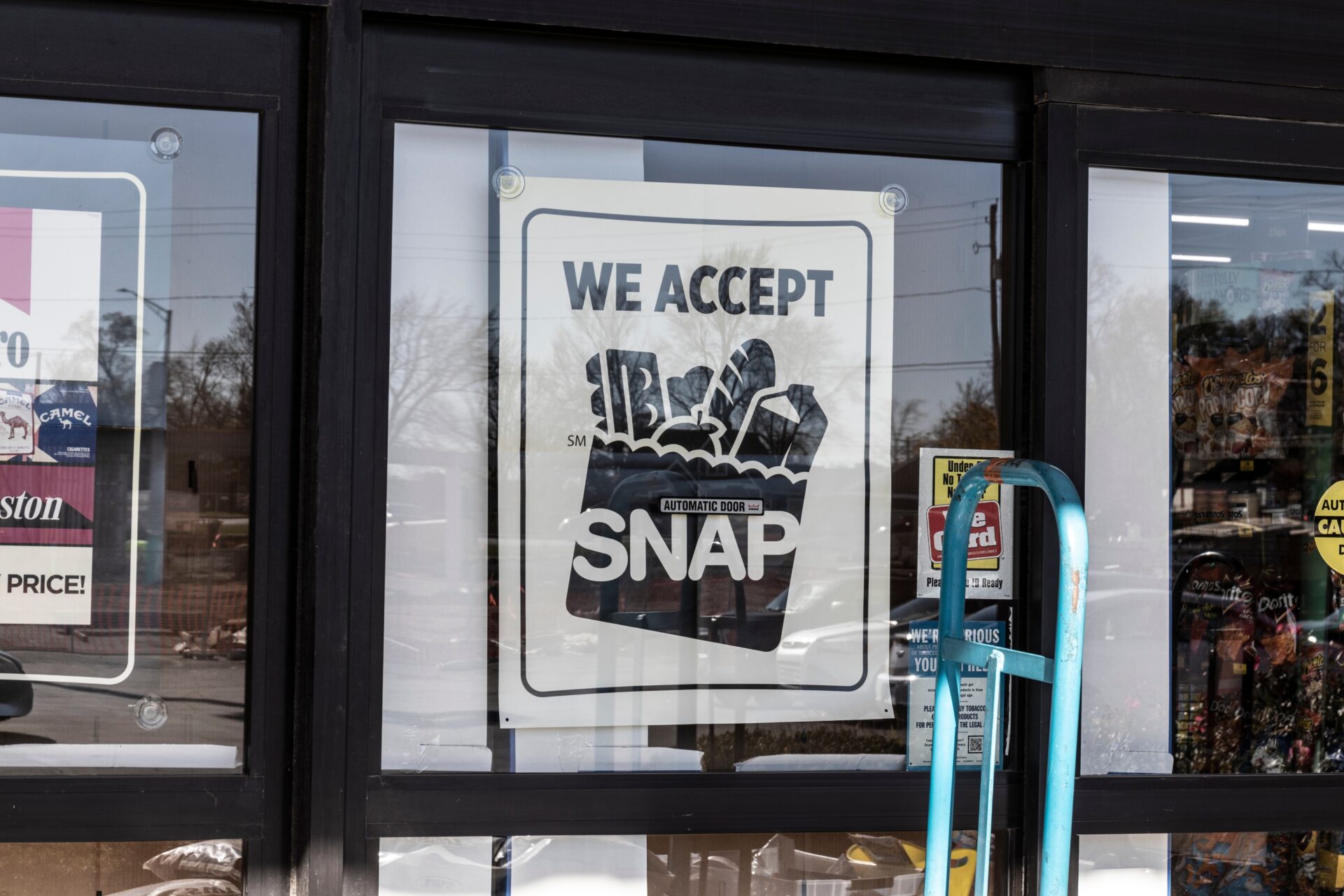
Talks HEAT UP – Is IRAN Buying Time?
Iran is demanding the United States provide guaranteed sanctions relief as nuclear talks intensify, while simultaneously increasing uranium enrichment to near weapons-grade levels.
At a Glance
- Iran is reviewing a formal U.S. proposal for a new nuclear deal, marking a significant step in negotiations since April.
- Iran has intensified uranium enrichment to 60 percent purity, amassing over 400 kilograms, approaching weapons-grade levels.
- The White House has paused new sanctions against Iran, shifting from Trump’s “maximum pressure” campaign to a diplomatic approach.
- Iran demands guarantees that U.S. sanctions will be effectively lifted, while insisting on maintaining uranium enrichment capabilities.
- The IAEA reports Iran has refused to grant full access to inspectors, raising concerns about its nuclear program’s true extent.
U.S. Proposal Under Iranian Scrutiny
Iran is currently reviewing a formal U.S. proposal aimed at limiting its nuclear program in exchange for sanctions relief. The proposal, crafted by Steve Witkoff, represents a potential turning point in long-stalled negotiations. Iranian Foreign Minister Abbas Araghchi confirmed receipt of the proposal and stated Iran is reviewing it “in line with the principles, national interests, and rights of the Iranian people.” The Biden administration has paused implementing new sanctions against Iran, marking a significant shift from the Trump administration’s approach.
The proposal comes after five rounds of talks mediated by Oman, which seek to replace the 2018 nuclear deal abandoned by former President Donald Trump under his “maximum pressure” campaign. Critical issues remain unresolved, particularly regarding uranium enrichment capabilities and sanctions relief mechanisms. The U.S. envoy has reportedly stated that Iran’s enrichment program is a red line and should not exist, while the proposal suggests Iran stop all enrichment and proposes a regional nuclear power grouping.
Iran warned it won’t strike a nuclear deal with the US unless Washington gives assurances that any agreement will include sanctions removal https://t.co/tdwpVZQrhr
— Bloomberg (@business) June 2, 2025
Iran’s Enrichment Activities Raise Alarms
International concerns have heightened following a leaked UN report indicating Iran has significantly increased production of highly enriched uranium. According to available information, Iran has now accumulated over 400 kilograms of uranium enriched to 60 percent purity, dangerously close to the 90 percent threshold needed for weapons-grade material. The International Atomic Energy Agency (IAEA) has reported that Iran continues to refuse full access to inspectors, creating uncertainty about the full extent of its nuclear activities.
Iran has forcefully rejected the UN report and warned of retaliation if European powers use it as leverage to reimpose sanctions. Araghchi was scheduled to meet with the IAEA head in Cairo following the report’s leak, highlighting the diplomatic tensions surrounding verification measures. Despite international scrutiny, Iran maintains that its uranium enrichment program serves civilian power needs rather than weapons development, a claim Western nations continue to question.
#BREAKING The US proposal for a nuclear deal with Tehran is unbalanced and unrealistic, and lacks any clarity regarding sanctions relief, said Nour News, a media outlet close to Iran’s Supreme National Security Council said in a report on Sunday.
Tehran has repeatedly insisted… pic.twitter.com/bQDfzU3qqo
— Iran International English (@IranIntl_En) June 2, 2025
Sanctions Relief Central to Negotiations
Iran’s demands for guaranteed sanctions relief have become a central sticking point in negotiations. Tehran insists that any agreement must respect its right to uranium enrichment while providing clear pathways for lifting economic sanctions that have severely damaged its economy. Iranian officials have criticized the U.S. for lack of clarity regarding how sanctions would be effectively lifted, demanding concrete guarantees rather than provisional promises.
The White House has reportedly deemed its proposal “acceptable,” though Iranian diplomats appear skeptical. The coming weeks will be crucial for determining whether common ground can be found on key obstacles, including uranium enrichment limits, verification protocols, and sanctions relief mechanisms. A successful agreement could significantly impact the Middle East’s geopolitical landscape and global non-proliferation efforts. At the same time, failure to reach terms could result in the reactivation of previous sanctions and further regional instability.
Par for the course. The Islamic Republic is trying to tap the Trump administration along. https://t.co/SN7ecziBtR
— Jason Brodsky (@JasonMBrodsky) June 2, 2025


